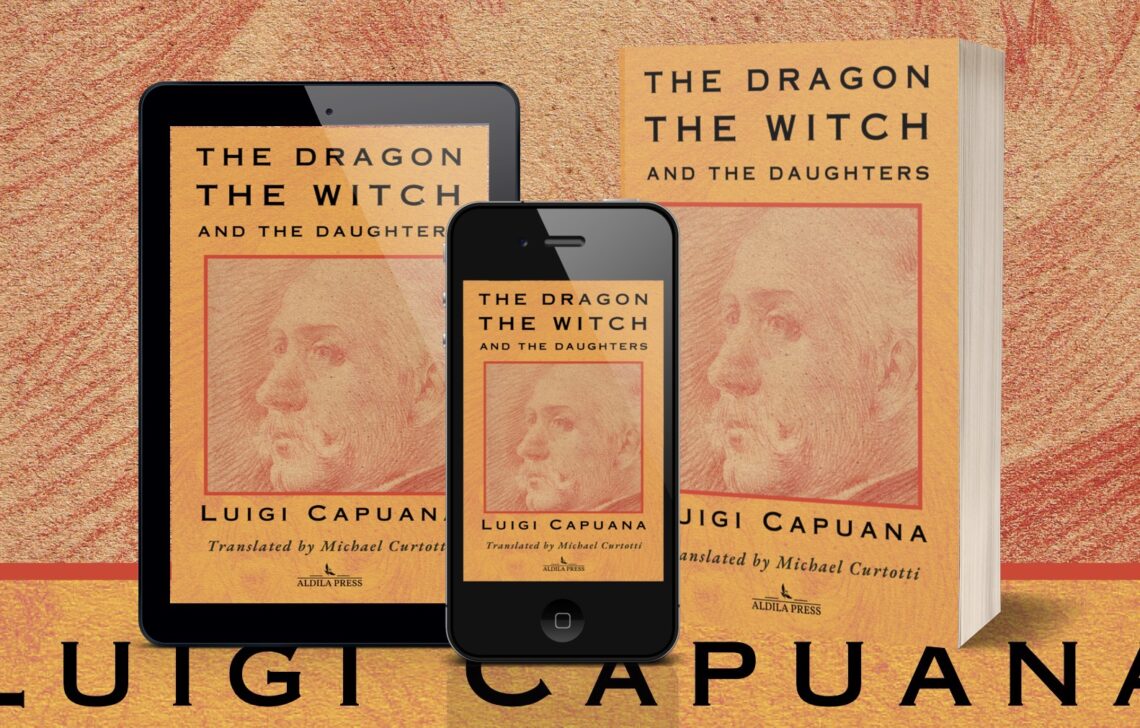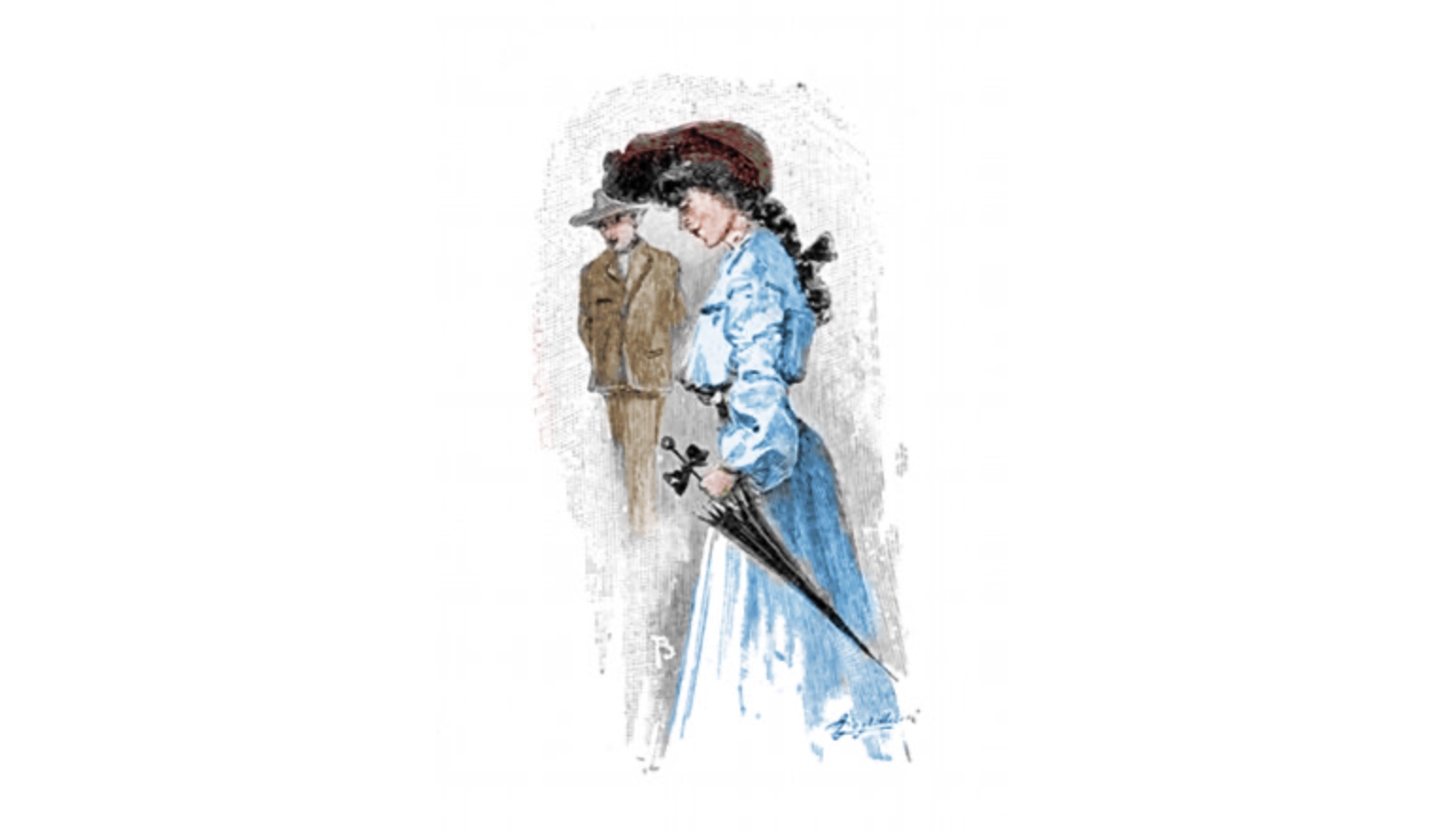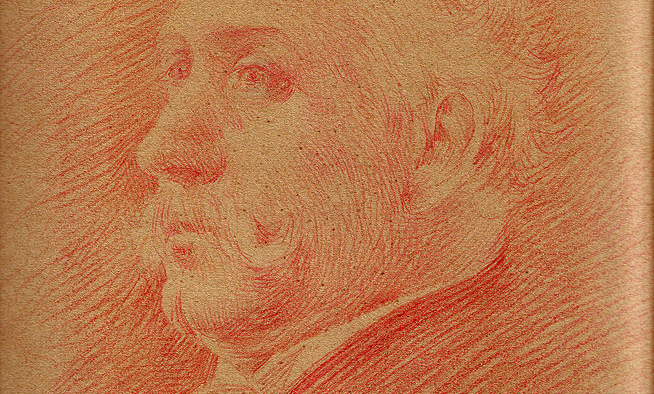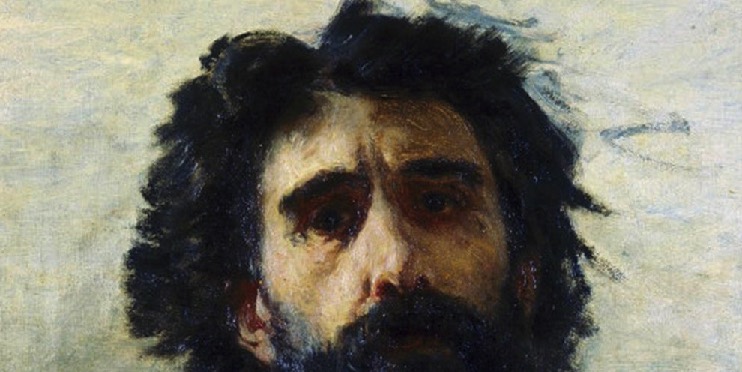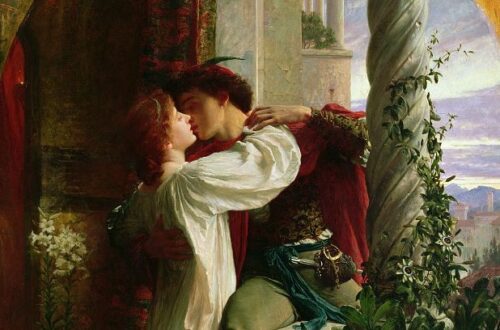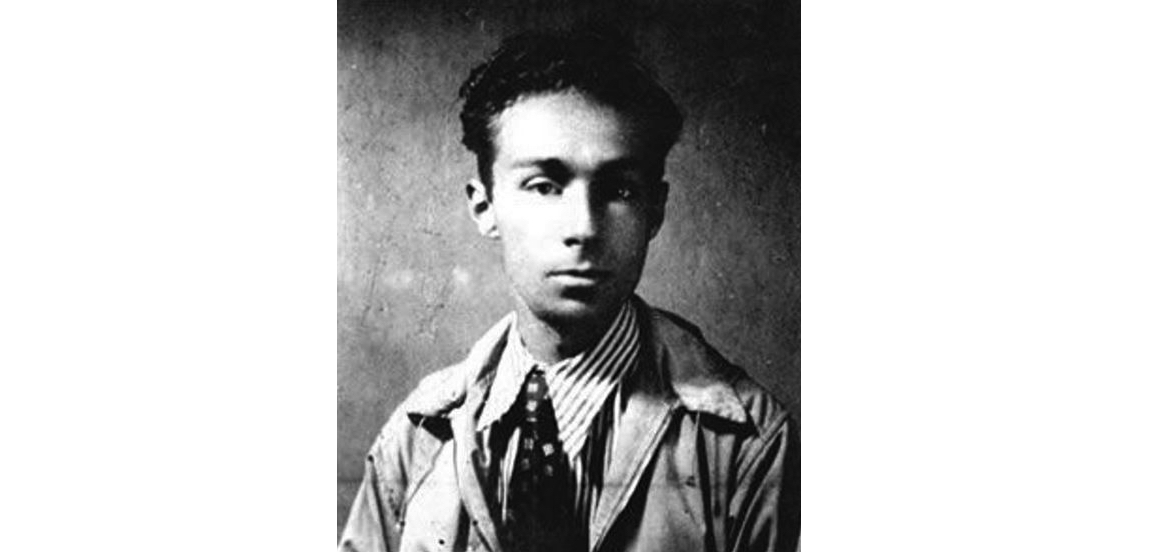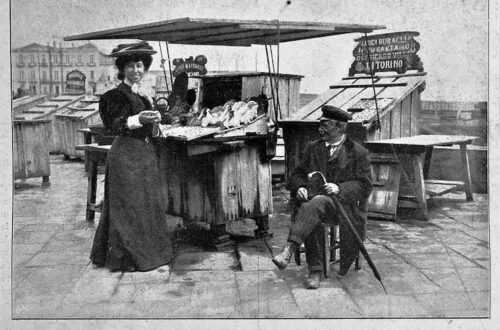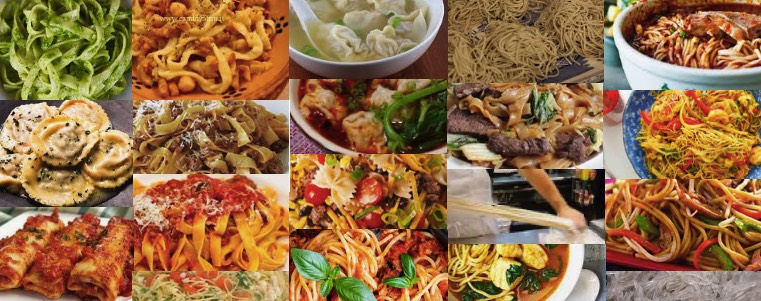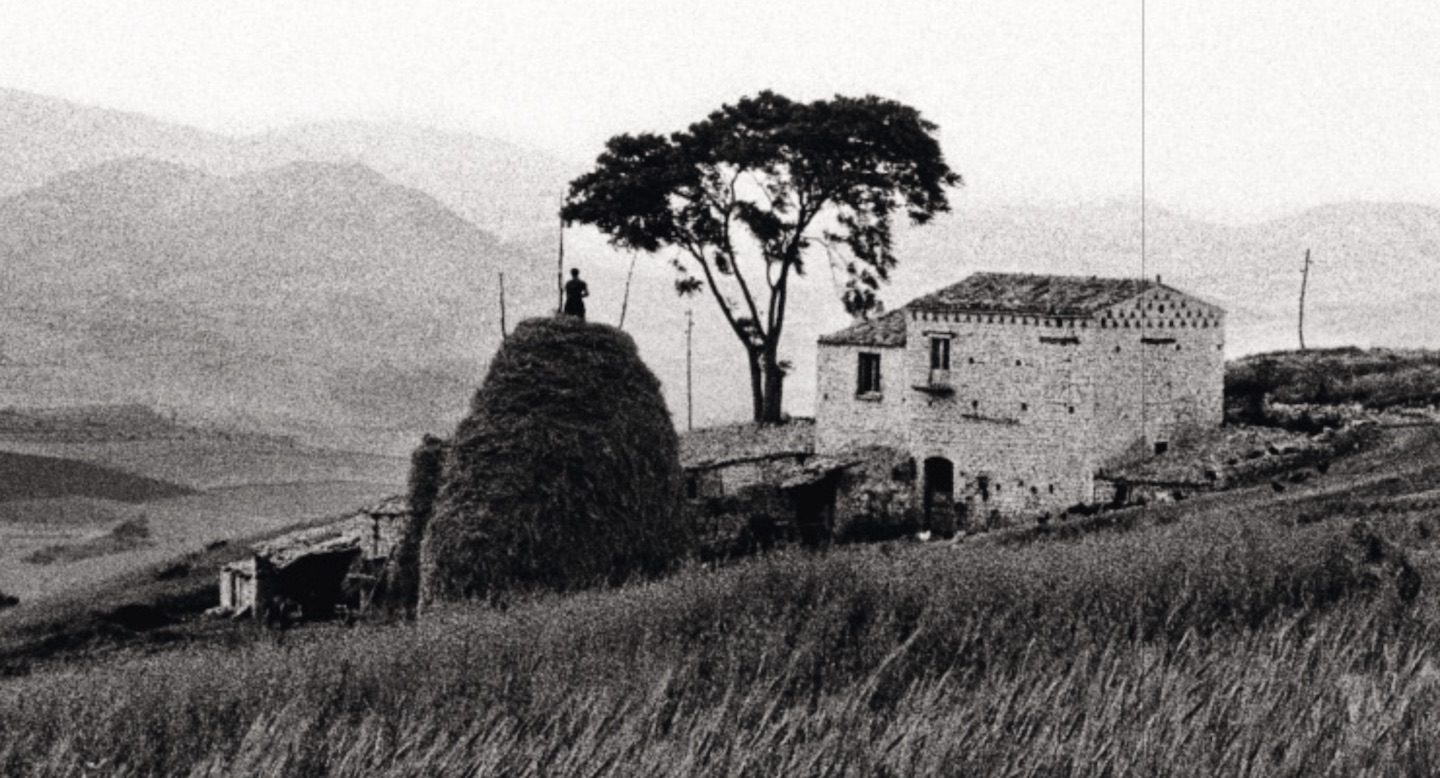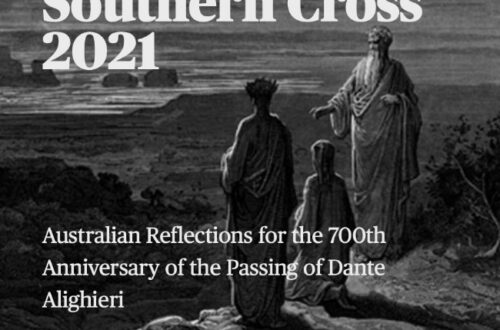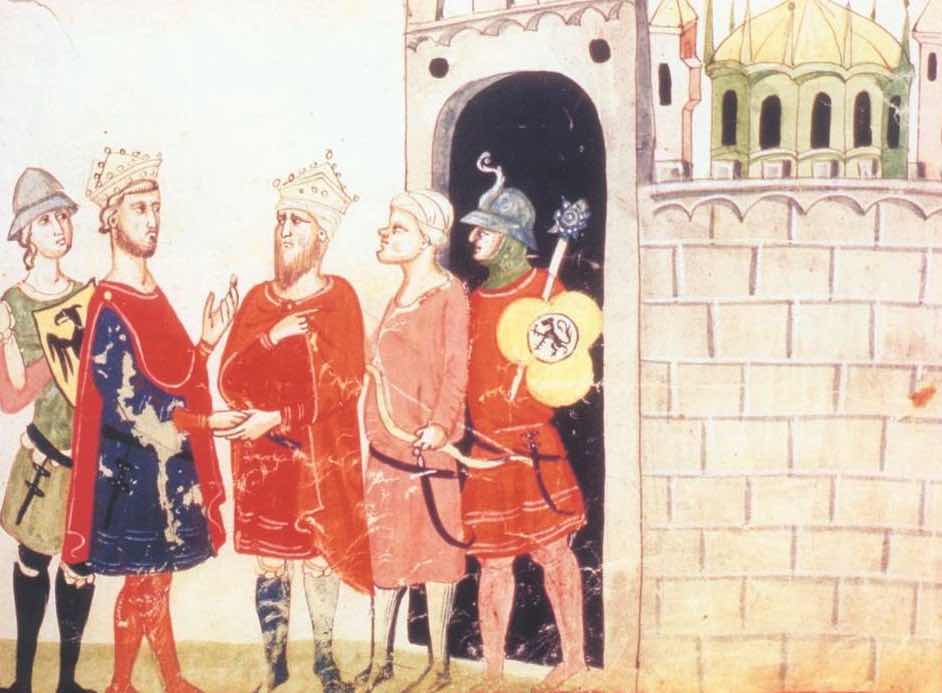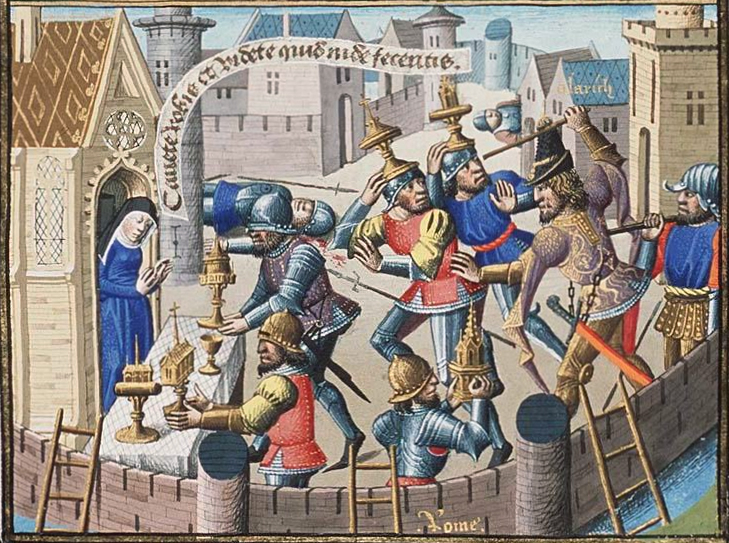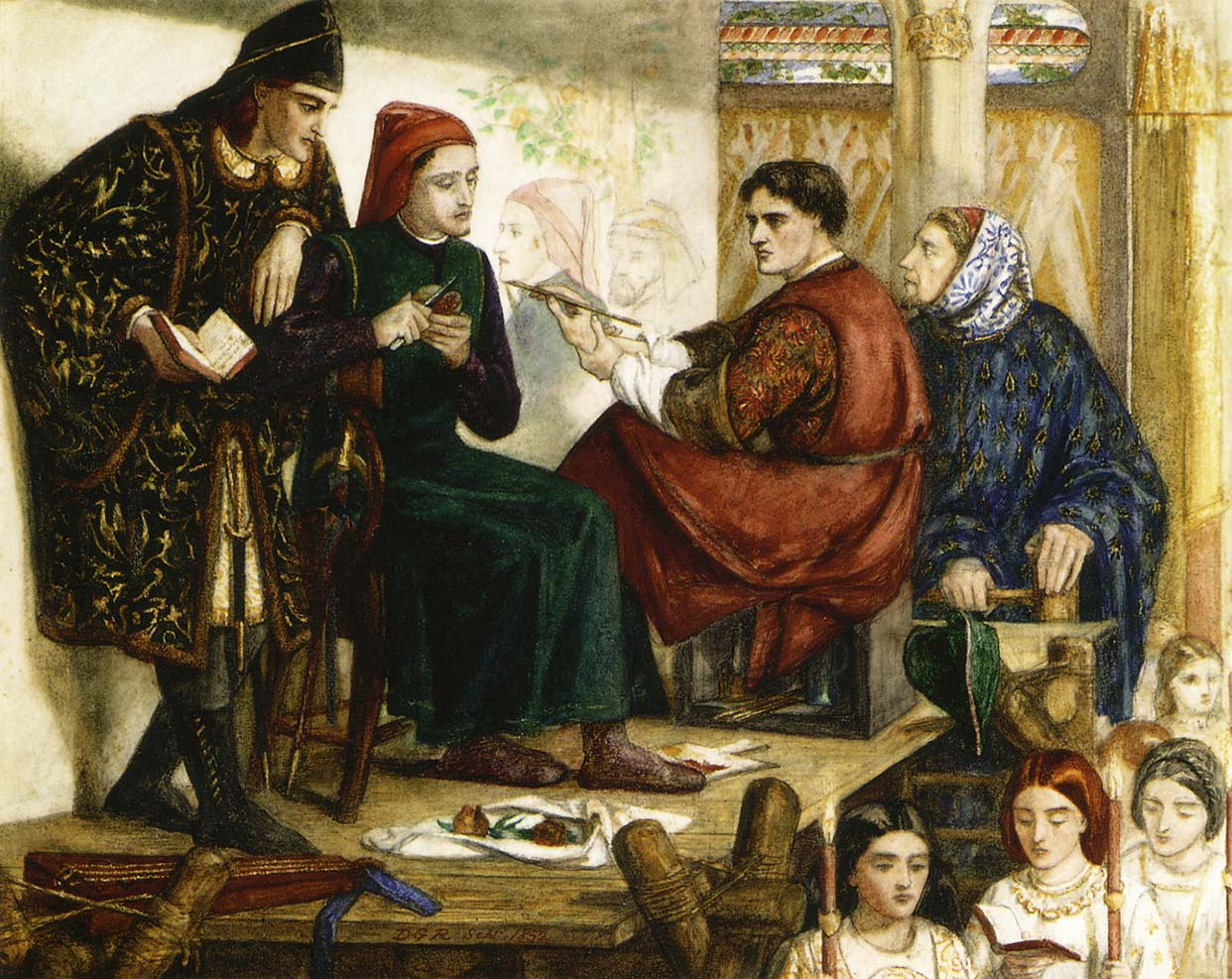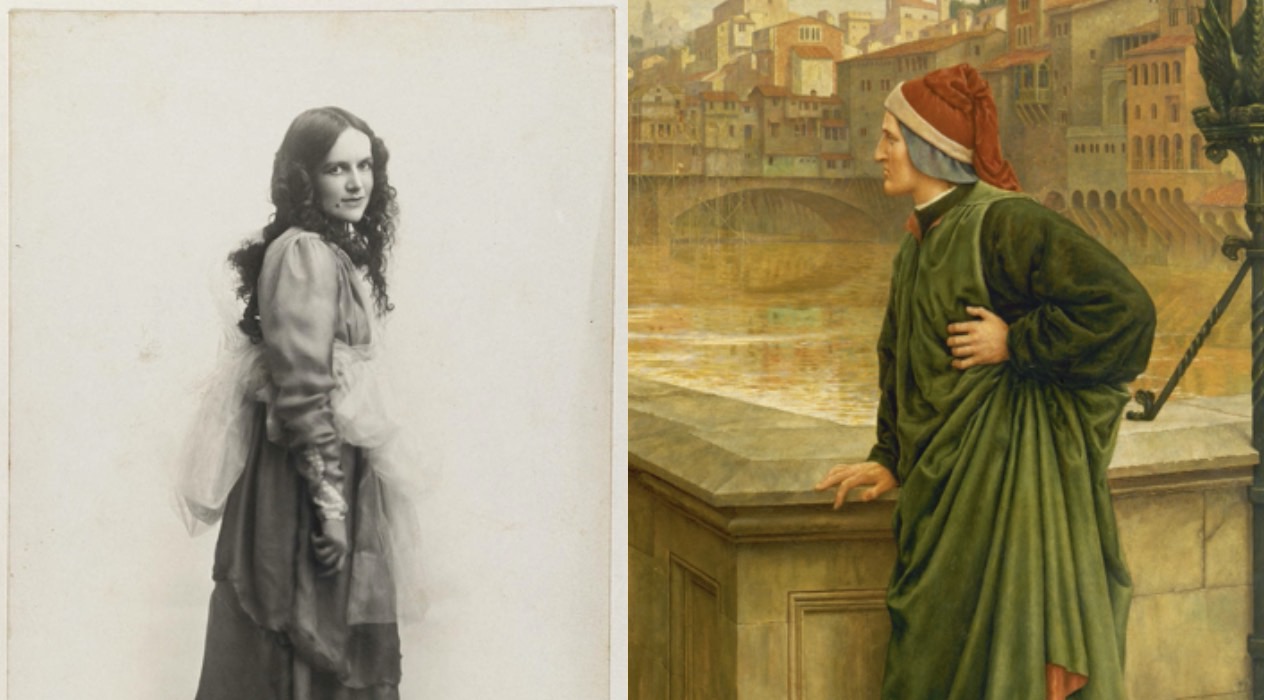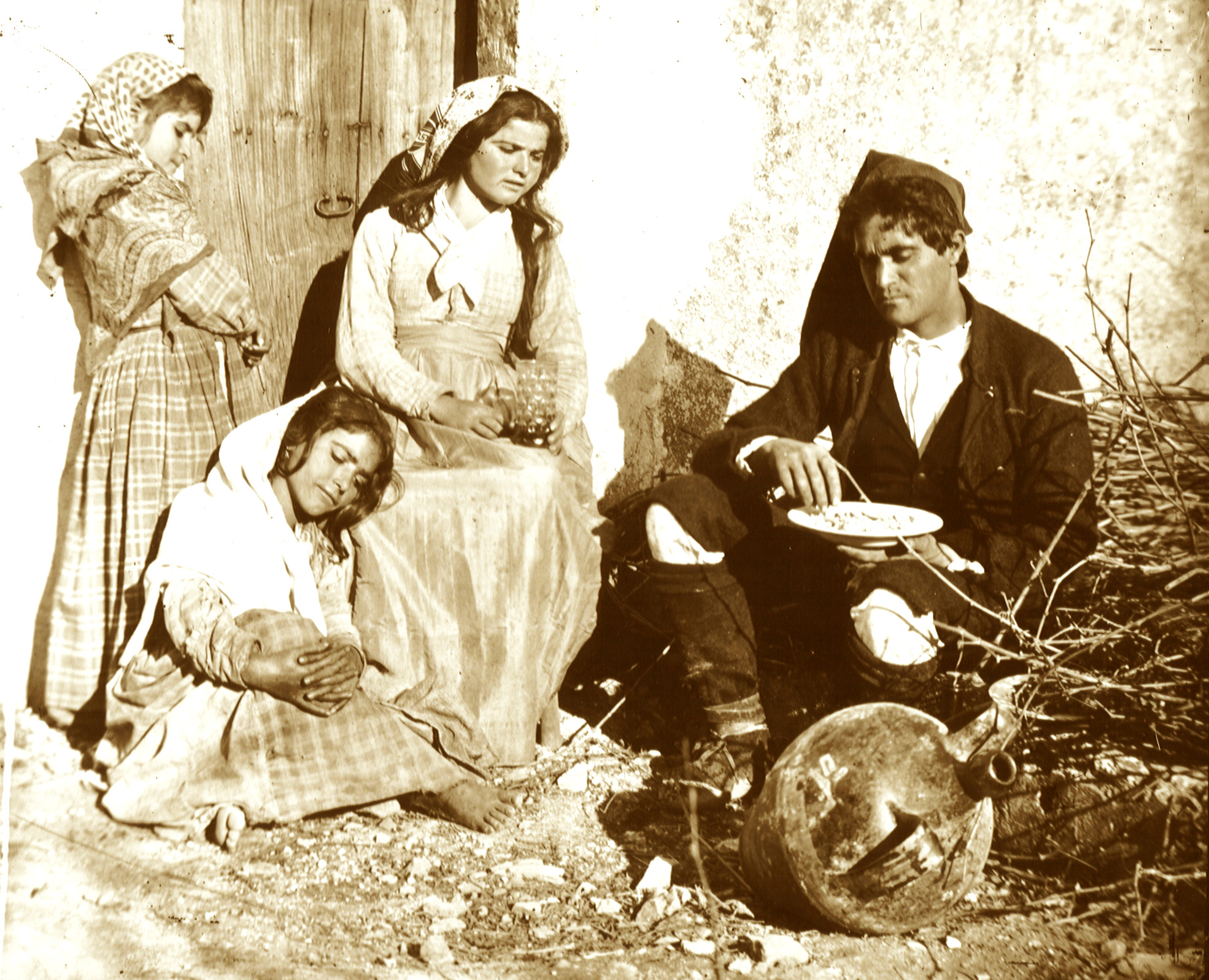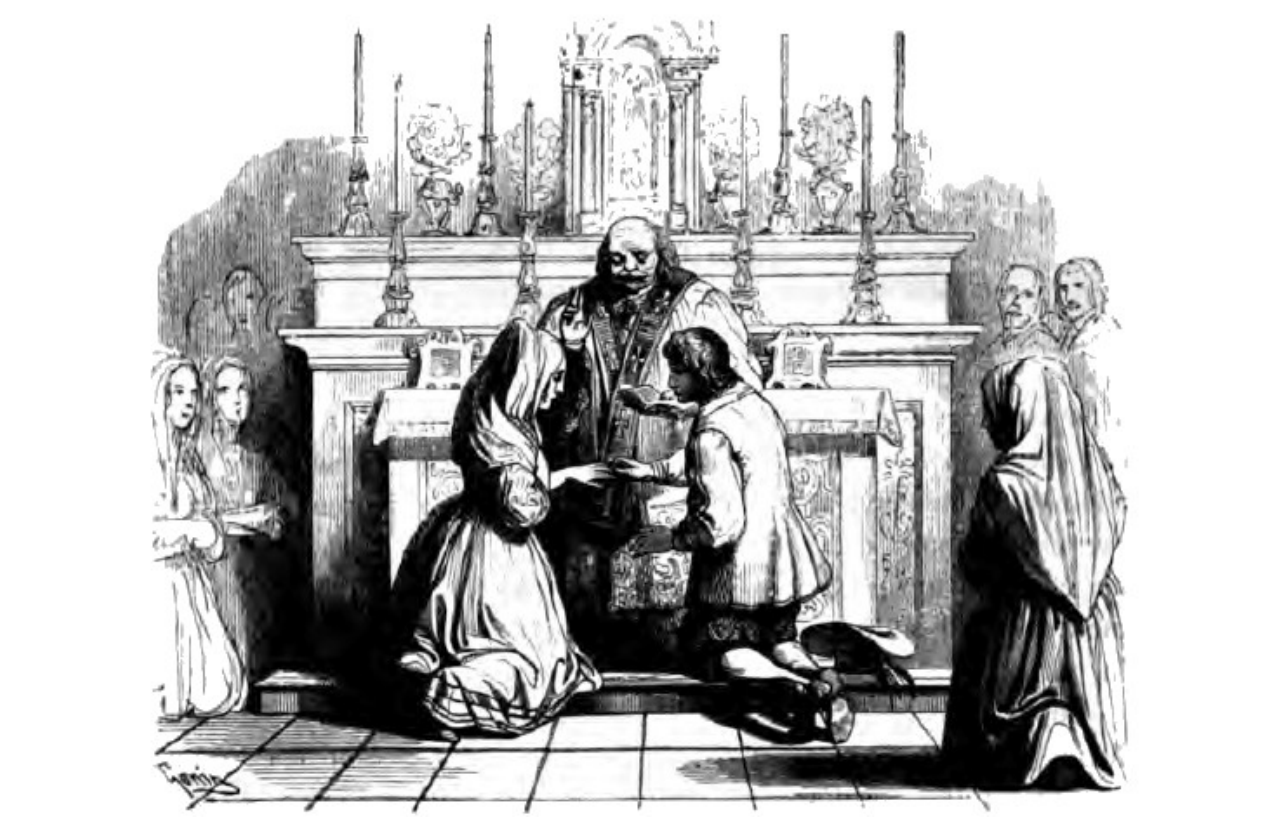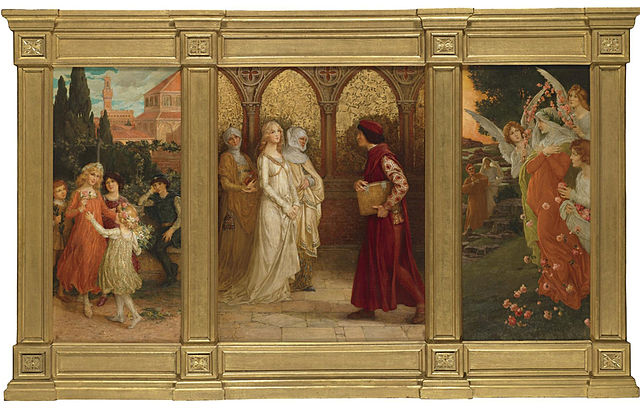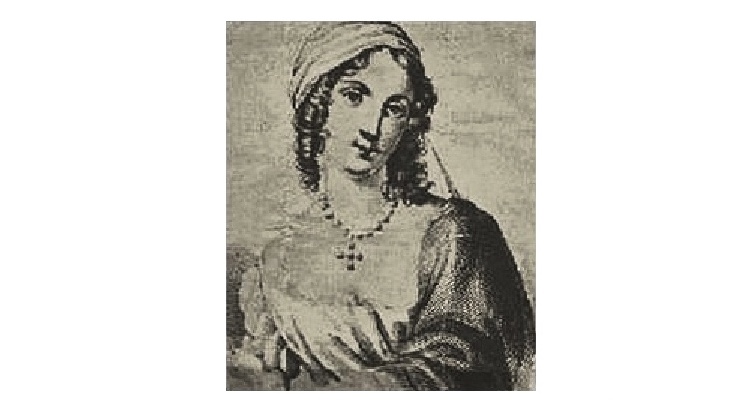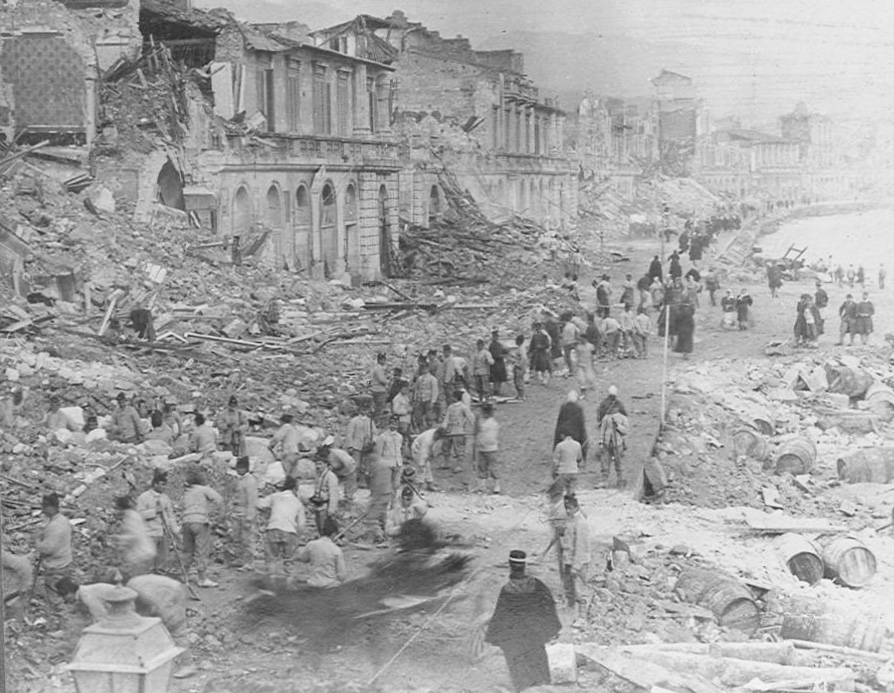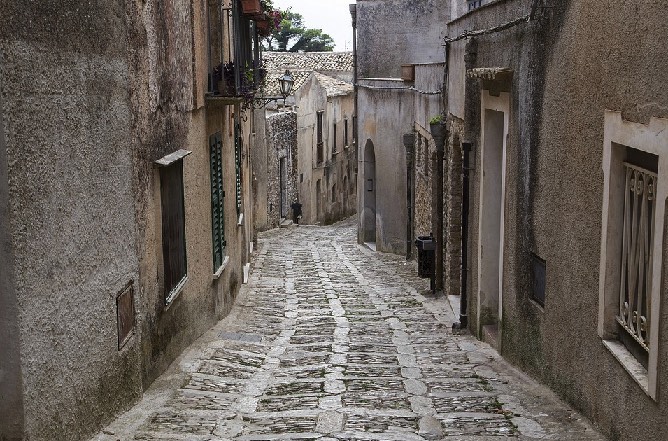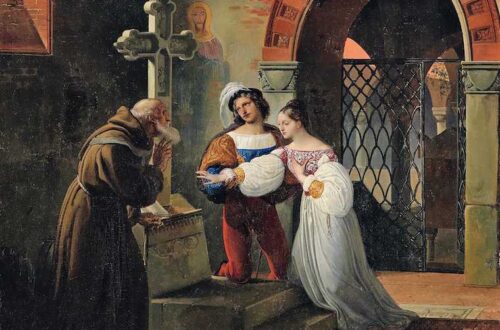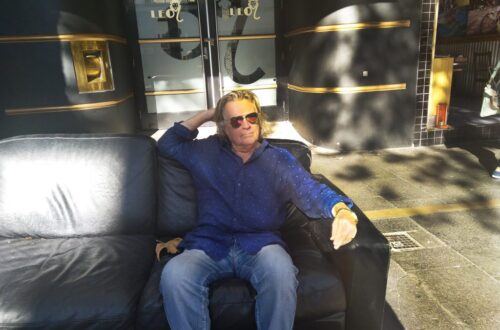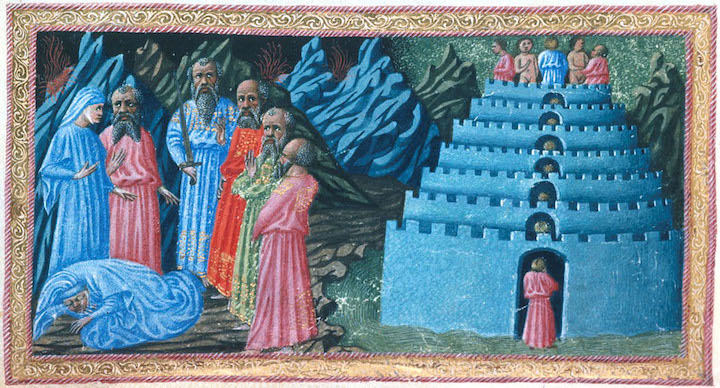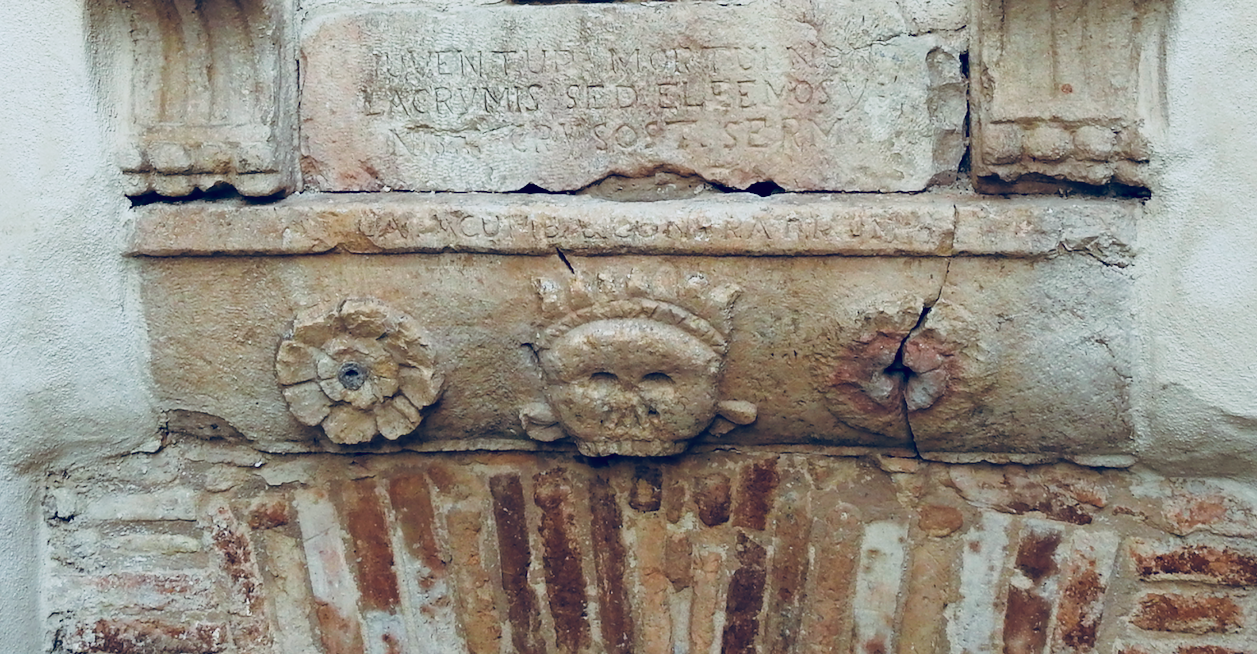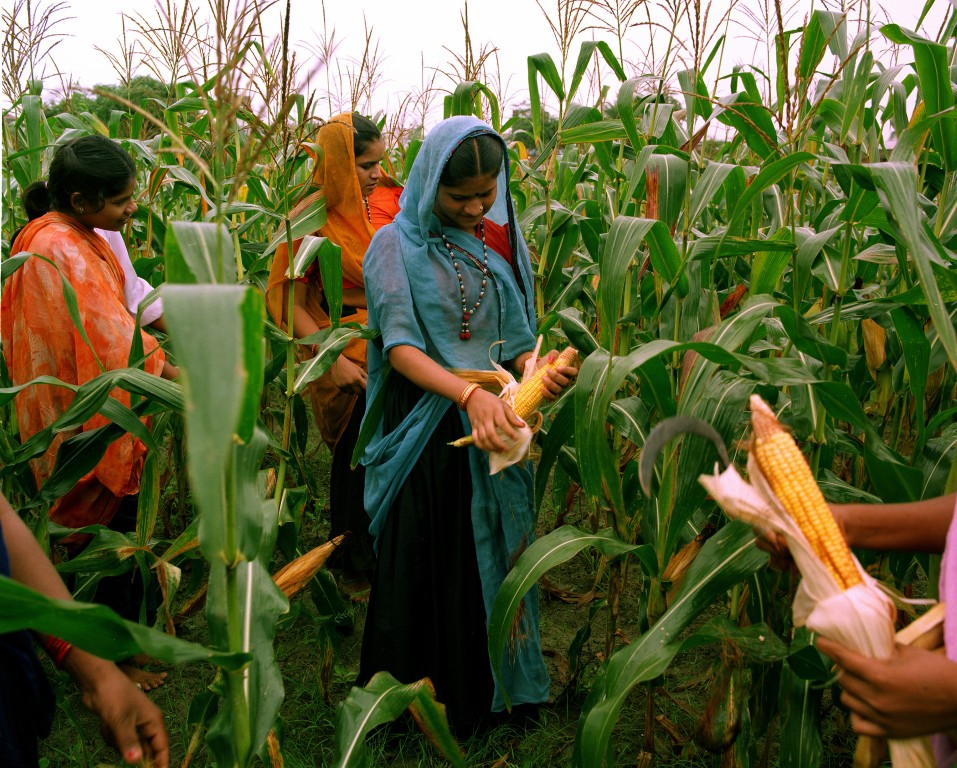-
The Dragon the Witch and the Daughters by Luigi Capuana (English Edition)
From a master of Italian verismo comes a classic short story of the genre, but with a twist. As characters come into conflict with each other, and “the Dragon” with himself, Capuana weaves together the grimness of real life with threads of subtle fairytale. For the first time translated into English by Michael Curtotti, The Dragon the Witch and the Daughters, transports us into the life of a nineteenth century village. Don Paolo Drago, “dragon by name, dragon by nature,” appears to dominate this world, yet he barely controls his own thoughts and feelings. Despite himself, he is drawn into the destiny of two orphans. Yet tragedy stalks the life of Don Paolo.…
-
Il Drago by Luigi Capuana Part 7: Ruminations of a Dragon
In this seventh instalment of Luigi Capuana’s Il Drago, in translation, we continue to follow the story of Don Paolo, Giovanna and Lisa and we learn Don Paolo’s fears. Il Drago Part 7: Ruminations of a Dragon by Luigi Capuana, translation Michael Curtotti He had put them to bed and then proceeded to bed himself, after first checking on the donkey. And (so that the children would not be exhausted) he had re-washed the pots and pans himself. But he could not sleep. In his mind he was before the judge; ruminating on what he would say to him. He spoke aloud, almost as if the judge stood before him;…
-
Which came first: pasta or noodles?
Plot spoiler. Its noodles. Lovers of Italy, doff your cap to China! … Well, at least that’s how I was going to start this article. That was before I started reading Jen Lin-Liu’s delightful book: On the Noodle Road. She’s not so sure the story is that simple. Like Marco Polo, she travels the Silk Road, but in reverse. She is on a 21st century quest to trace the journey of noodle from East to West. No one more determined could be imagined. And, her quest is personal. Travelling through cultures that straddled East and West, I figured, might reconcile what I’d felt were opposing forces in my life; maybe I’d find others…
-
Muslim Lucera and the Holy Roman Emperor
Truth is stranger than fiction, it is said and so it is for the story of Muslim Lucera. It is a story entwined with the life and times of the Holy Roman Emperor Frederick II. We cannot call Muslim Lucera the Muslim “capital” of the Holy Roman Empire, but for a time, it very nearly was. Lucera hosted one of Frederick’s many palaces and castles. One of his primary palaces was only 30 kilometres distant, in the city of Foggia, and Frederick himself has been called the “Sultan of Lucera” (although the label is a wild exaggeration). So let us explore the story. The city of Lucera still stands on…
-
The Resurrection of Don Paolo: Il Drago Part 5
In this fifth instalment of Il Drago, Don Paolo comes back to life. After the unexpected battle between the Old Dragon and the Witch, the children’s old lives with her have been swept away. Don Paolo’s long dead daughters, Lisa and Giovanna, have risen from the grave. And the Old Dragon has much to do. The previous instalments of Il Drago are accessible at the end of this article. The Resurrection of Don Paolo Within two days the house was unrecognizable. In one room, two made up beds could be seen, one next to the other. The Old Dragon had put them together, assisted by the two girls, who had entertained…
-
Earthquakes – La Terra Trema
Italy’s changeable landscape is as much a character in her history as the people who live within her. Repeatedly, earthquakes are written into that history. Yet Italy often appears as a garden of Eden, full endlessly of the good things of the Earth: ancient olive groves, vines, fields of wheat, and much more; a bounty elicited by human industry and knowledge over many generations. Even the most apparently barren and uncultivated rocky slope may abound with edible plants and herbs of all kinds. From the sea, fishers still harvest. Everywhere potable water springs from Italy’s permeable limestone. This gentle and generous Mother Earth is at times savage. For Italy lies…
-
Don Paolo: the Making and Unmaking of a Dragon (Il Drago Part 3)
In this third instalment of Il Drago by Luigi Capuana we learn how Don Paolo became “Dragone”. Who is this fearsome old man who chased the children away when they begged in the streets? And took them in, in what all said was a miracle? And how was it that the Dragone was unmade? The Making and Unmaking of Don Paolo Dragone by Luigi Capuana (translation: Michael Curtotti) It had been years and years that the Dragon had lived alone in his tenement, doing all for himself. Two large rooms on the ground floor, and four smoky rooms on the first floor. For one person it would have been more than ample,…
-
Dante and the Invention of the Italian Language
“Italians speak Italian”. It seems obvious. Yet not too long ago neither were there any “Italians” in the way we understand it today; and nor was there a single “Italian” language. It is indeed little known that when the country of Italy did finally come into being in 1861 about 2.5% of her people spoke what we today call Italian. Even up until 1951, less than 20% of Italians used Italian exclusively in their daily life. Indeed, until the most recent generations, Italian was, at best, a second language for most Italians. Their first language was their regional, and often local, language. The Italian National Institute of Statistics reported that…
-
Il Drago and Luigi Capuana’s search for redemption
Luigi Capuana was a nineteenth century writer. His work, The Old Dragon (Il Drago), although an apparently light children’s story, carries a poignant loss and search for redemption. In a strange way the story is a “might have been” of Luigi Capuana’s life and of the children he never admitted as his own. Luigi Capuana, Giuseppina Sansone and their children Giuseppina Sansone is central, although whether she is portrayed in the story is debatable. She is a love of much Luigi Capuana’s life. He met her at age 37 and she was an unmarried partner for the next twenty years. She is almost entirely invisible, while he is a noted Italian…
